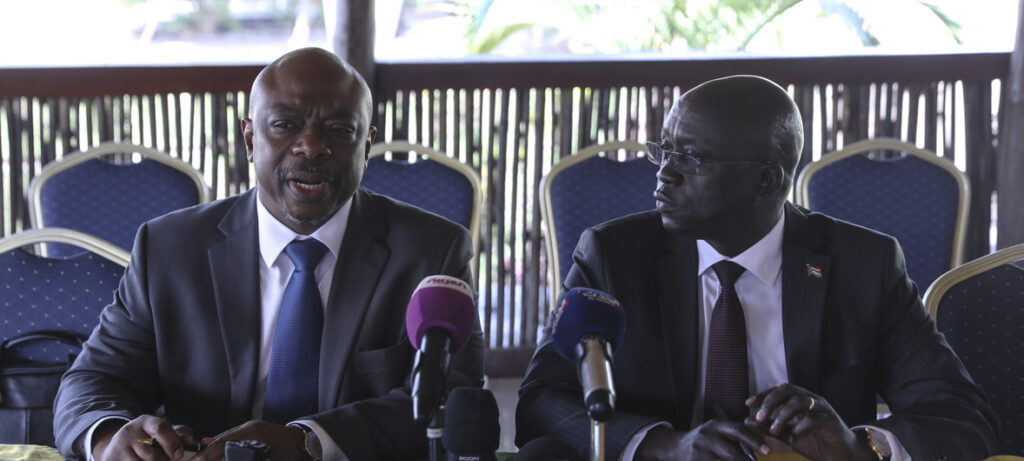Alain Noudehou, the UN Humanitarian Coordinator for South Sudan, said that continuing hostilities remain the greatest challenge in the war-torn country.
“People don’t feel secure […] they are not able to go back to their lands and they are not able to produce. They need to feel secure, not only in sense of physical protection but actually in the sense that they can go back to their lives,” he told UN news.
With women and children making up close to 85 per cent of the total, ensuring their inclusion and participation in the peace process is vital, stressed Noudehou, who is also the Deputy Special Representative of the Secretary-General for South Sudan.
Noudehou stressed that the participation of women is critical for durable and effective peace.
“If they are not a part of the dialogue of peace-making, we will be missing a tremendous perspective of what it’s going to take to make the peace much more lasting in [the country],” he added, noting that women’s participation is vital in not only defining the peace agreement but also in implementing it.
“They understand the plight of the women [because] they have been there and can contribute to a solution that is durable and is effective,” added the senior UN official.
However, with coordinated action, a “catastrophic situation” can be avoided, said Mr. Noudehou.
“We are planning a multi-sectoral approach to provide the assistance. We are not talking about only about food assistance; but the whole gamut of a system that goes together with it.”
“If we start to act now and receive the funding now, we will be able to serve more people and do it cheaply,” he said.
UNMISS Photo: Alain Noudehou (left), the Humanitarian Coordinator for South Sudan, speaks at the launch of the 2018 Humanitarian Response Plan for the country. Alongside him is Hussein Marnyot, the Minister of Humanitarian Affairs and Disaster Management of South Sudan.




